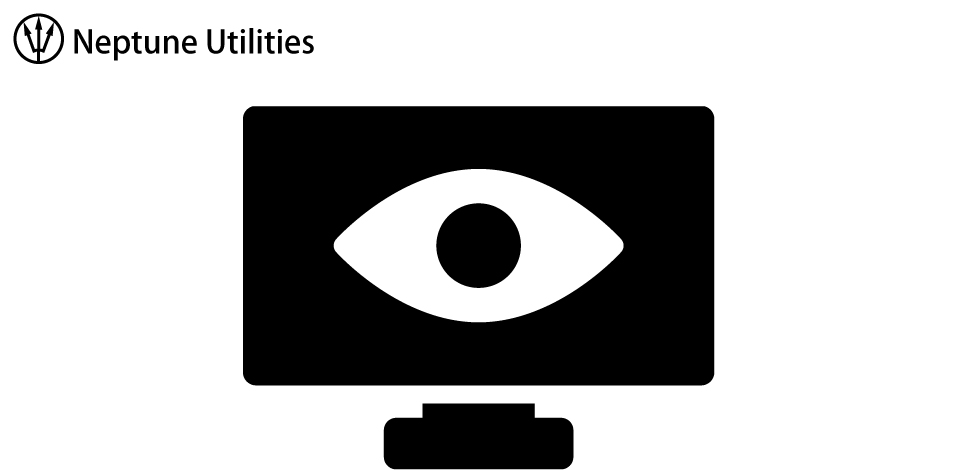How to stop Microsoft spying on Windows 10 privacy
By Renee | 21/Nov/2024

Windows 10 is faster, smoother and more user-friendly than any Windows operating system before, solving nearly all of the major problems users had with Microsoft’s previous-generation at once. However, some of the defaulted features of Microsoft Windows 10 could be accounted for the reputation of Windows 10 spying on your privacy, because of the combination of smart search, cloud base and targeted ads.
In fact, the first intention to collect your data is to make Microsoft products and service better. But if it is skeptical enough of you, or you are sensitive about your personal data, you can change Windows 10 security, to turn off the options that might violate your Windows 10 privacy.
Settings>Privacy

Windows 10 introduces several data collection and sharing settings that Microsoft claims are necessary for the system to run effectively—but that could compromise your privacy. In addition, all of these services default to ON. Here are some settings you really should turn off:
Settings>Privacy>General/Location/Camera/Microphone/Speech, inking and typing/Account Info/Calendar/Messaging/Other devices
Turn off all these options unless you really want targeted ads, be tracked and watched by attackers, and easy access to your name, your messages and other sensitive information for the apps.
Cortana>Settings>Off
On Windows 10, you can simply say "Hey, Cortana" to have the service immediately answer questions about weather forecasts, search the web, find virtually anything on your PC, and a lot more—even tell you a joke if you need a distraction from tired brain laboring. However, the issue of privacy Cortana inevitably has—to collect various pieces of information and personal data to learn to assist you accordingly, which means you get a secretary knowing everything you have done online and predicting what you are trying to do.
Further Windows 10 Privacy Protection
Open Privacy Protector in Neptune SystemCare Ultimate, Erase local accessed files traces, namely, recent opened documents traces with Privacy Eraser can help you get out of the trouble when you are sharing computers with others.
Surfing safely by erasing your browser search history and cookies could keep your internet privacy confidential and identity anonymous.

Conclusion
You can complete the most important steps towards making Windows 10 respect your privacy, and what you really should do is to think about your privacy every time you post on Facebook, sign in a new website and check your email.